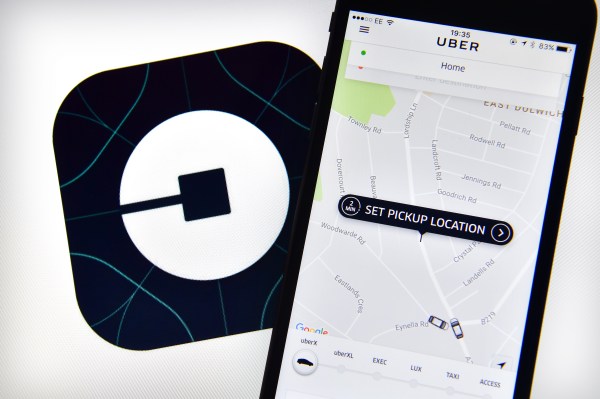Uber has launched a new patent purchase program, called UP3, which will seek to expedite the process of purchasing patents with an open application windows opening April 24, 2017 and closing May 23, 2017. The idea is to get patent holders to propose a simple price they’re willing to take for their patents, which Uber can then take or leave, as a means to sidestep the often long and complicated process of buying and selling intellectual property.
“It is a buying program intended to really eliminate the friction of the secondary patent market,” explained Uber’s Patent Transactions Lead Kurt Brasch in an interview. “So the typical secondary patent market is challenging, valuations are difficult to identify for both buyers and sellers. Sellers tend to start out really high and buyers tend to start out really low, and negotiations can take years instead of months. So what this program really does is smooth that out. The buyer, in this case Uber, gets one price from the seller – they have to give us one price they’re willing to sell for, no negotiations – and the seller gets speed to close.”
From submission to close, Uber says the whole process should take around four months, which is a dramatic reduction from the typical pace at which these deals unfold. The nature of the arrangement means that sellers will likely have to give up some ground in terms of negotiating power, but the expedited process might suit some patent-holders just fine; it means an actual payday much quicker, after all.
Uber previously participated in the IP3 patent program, which was run by Allied Security Trust and involved cross-licensing resulting IP across a consortium of companies. The UP3 program is designed specifically for purchase with resulting ownership by Uber, as opposed to licensing. This, according to Brasch, is part of the company’s overall drive to build its owned IP portfolio, which also includes acquisition strategies, and in-house IP development from the engineering team.
“We are very actively growing our portfolio,” Brasch said. “We’re doing it organically through our engineering teams, and obviously that effort takes time, and we’re supplementing that with an acquisition team to basically buoy us in the near-term. It is part of our broader efforts to grow the portfolio growing forward and protect our business.”
The strategy is a key one for any tech business – a robust library of patents provides a solid legal defense in cases where there’s any question as to the origin of any kind of technology innovation. Uber is facing ongoing legal action from Waymo regarding and intellectual property dispute, and while this isn’t directly related, you can likely bet its experience there is helping inform this aggressive new IP acquisition strategy.
